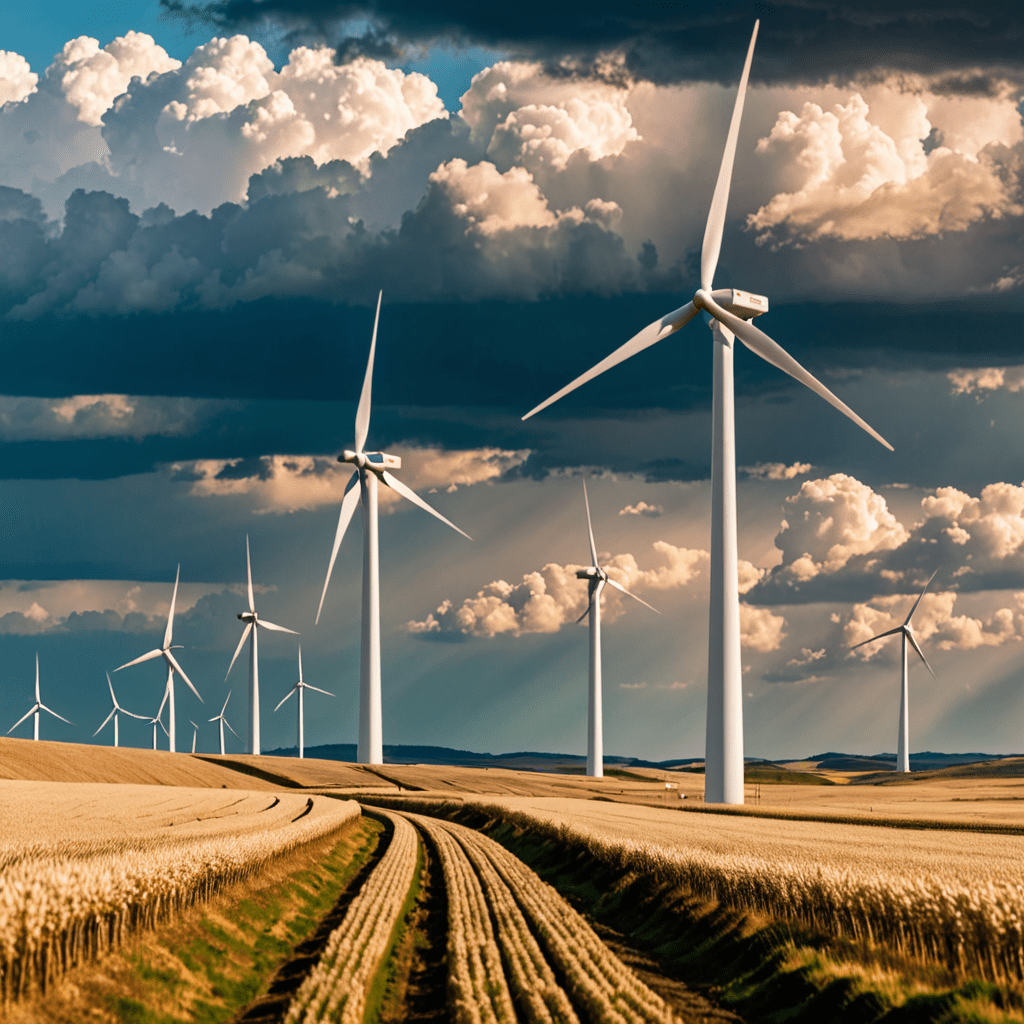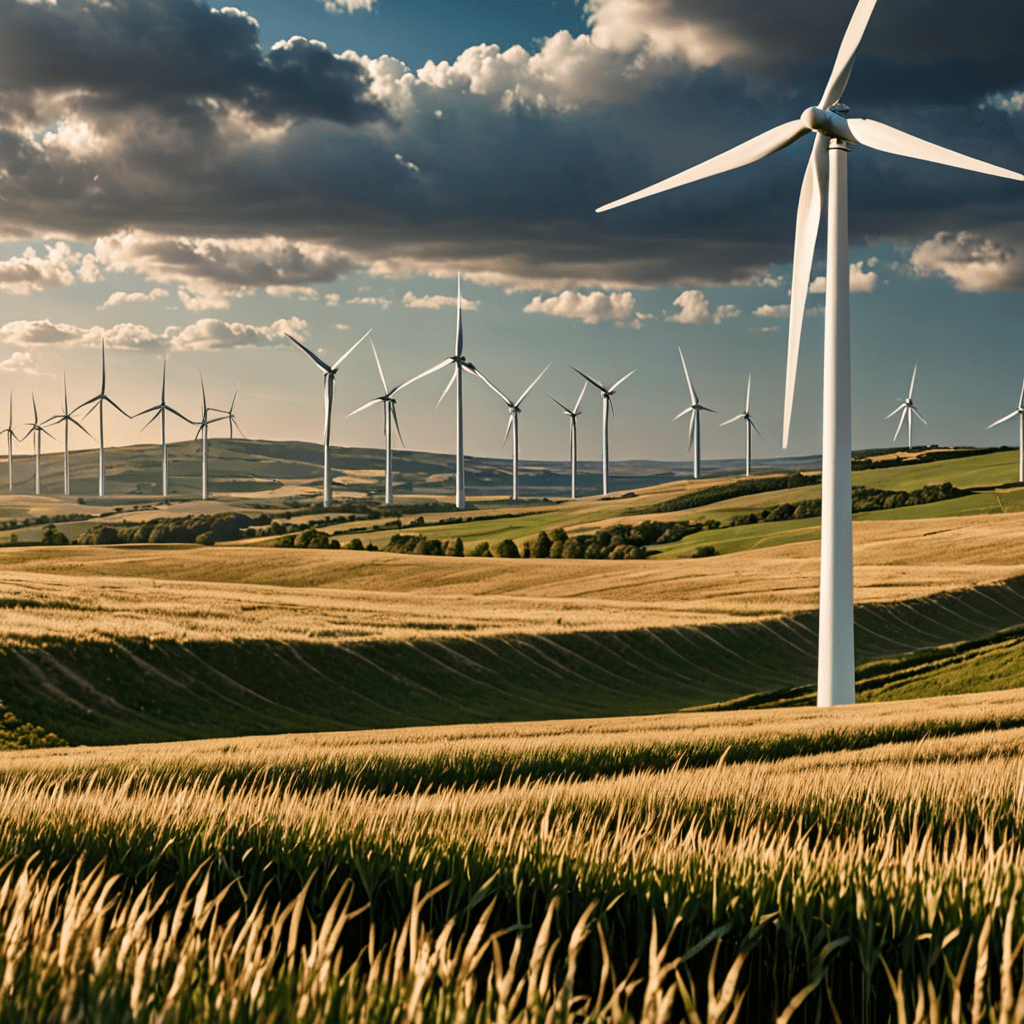The Circular Economy and Biorefinery Concepts in Biomass
Understanding the Circular Economy
The circular economy is an economic system aimed at eliminating waste by continually reusing, recycling, and
regenerating resources. It promotes sustainability and aims to maximize the value of products and materials
by keeping them in use as long as possible.
Biorefinery and Biomass
Biorefinery is a concept that involves the conversion of biomass into a range of valuable products such as
biofuels, biochemicals, and biomaterials. Biomass, which can include organic matter like wood, agricultural
residues, and algae, serves as the renewable feedstock for biorefineries.
Benefits of Biorefinery in the Circular Economy
Biorefinery plays a crucial role in the circular economy by promoting the efficient use of biomass resources,
reducing waste generation, and decreasing reliance on fossil fuels. It supports sustainable production
processes and helps minimize environmental impact.
Challenges and Opportunities
While biorefinery offers numerous benefits, there are challenges such as high investment costs, technological
limitations, and the need for further research and development. However, these challenges also present
opportunities for innovation and growth in the bio-based sector.
Integration of Circular Economy Principles in Biorefinery
Integrating circular economy principles in biorefinery involves designing processes that maximize resource
efficiency, promote recycling, and minimize waste generation. By closing the loop and enhancing the
sustainability of biomass conversion, biorefineries contribute to a more circular and sustainable economy.
The Role of Policy and Regulation
Government policies and regulations play a vital role in fostering the development of biorefinery and promoting
the circular economy. By providing incentives, setting targets, and establishing frameworks, policymakers
can accelerate the transition towards a more sustainable and circular bioeconomy.
Conclusion
The integration of biorefinery concepts in biomass utilization within the framework of the circular economy
offers a promising pathway towards sustainable resource management, reduced environmental impact, and
enhanced economic opportunities. Embracing these principles can pave the way for a greener and more
resilient future.
The Circular Economy and Biorefinery Concepts in Biomass FAQ
What is the Circular Economy?
The Circular Economy is a concept that aims to minimize waste by promoting the reuse, recycling, and regeneration of products and materials. It emphasizes sustainability by designing products that can be easily disassembled, reused, or recycled, reducing the need for raw materials.
What is a Biorefinery?
A Biorefinery is a facility that utilizes biomass – such as agricultural residues, food waste, or forestry by-products – to produce various sustainable products like biofuels, biomaterials, and biochemicals. It integrates bio-based processes to extract the maximum value from biomass resources.
How do Circular Economy principles apply to Biorefinery concepts in Biomass?
In the context of Biorefineries, the Circular Economy principles focus on creating a closed-loop system where biomass resources are efficiently utilized and valorized. Biorefineries help in reducing waste by converting biomass into multiple valuable products, thus aligning with the sustainable and circular approach of the Circular Economy.


